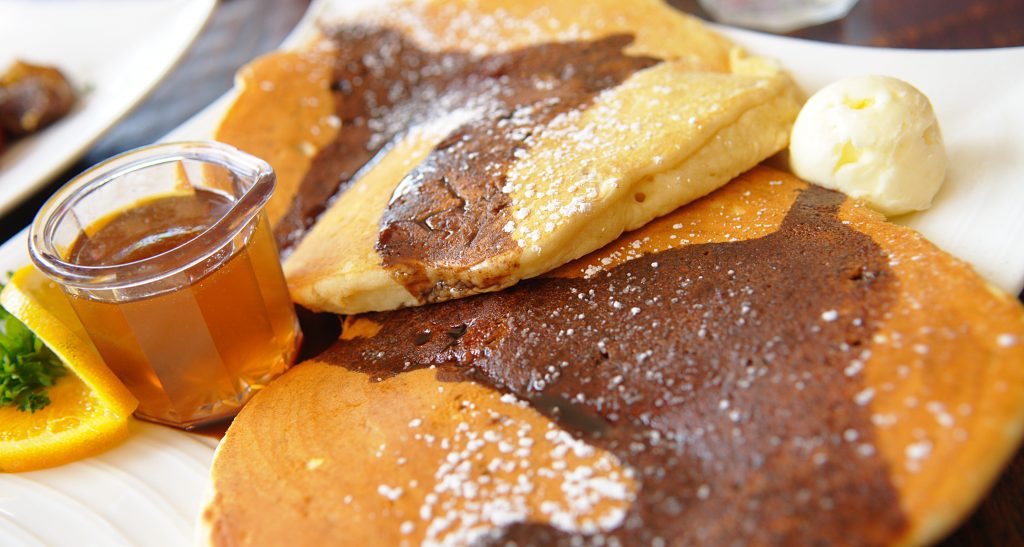Editor’s Note: Welcome to our letters to the editor page. Here you’ll find reader comments on Advocate articles and other news. We collect readers’ opinions from emails, letters, Facebook comments, and comments to valleyadvocate.com. Want to get in on this? Email editor@valleyadvocate.com and put “BackTalk” or “letter to the editor” in the subject.
Communicating with climate skeptics comes down to pancakes
Climate change skeptics exist everywhere, even our president claims global warming is simply an “expensive hoax.” If only!
Unfortunately, the foundations of climate science stem from simple physics and mathematical principles that prove — without a doubt — that our climate is warming. The issue lies not in whether climate change exists, but in how to convey this certainty to those who dispute science and reject fact. I believe the answer lies in forming genuine connections with skeptics over shared experiences affected by climate change. And we can begin connecting by a simple, shared love of breakfast. How so, you ask? It all begins with a hot stack of pancakes.
As an avid pancake eater, I know the difference between real maple syrup and the fake stuff. Last spring, as an intern for Smith College’s MacLeish Field Station, I learned a great deal about syrup production. I helped tap for sap and learned the ideal temperatures for sap production and the difference between clear and milky sap. I saw first-hand how sap is boiled after harvest and transformed into dark amber syrup. At the end of the semester, the other interns and I shared a celebratory breakfast of our syrup and pancakes. It’s hard accepting the notion that New England may not produce maple syrup in the future. If carbon emissions remain unregulated, in a few decades Massachusetts’ climate will resemble South Carolina’s. This warming will push maple production out of New England and further north into Canada.
Climate change is overwhelming and often unapproachable, but it will affect every city and sugar shack. Luckily, mitigation is possible! We can make thoughtful, sustainable decisions, buy local and fair-trade products, and be conscious energy consumers. Most importantly, we can share our experiences with others, talk openly with skeptics, and engage our local and state representatives. In doing so, we can help keep maple syrup in Massachusetts and on our pancakes for longer.
—Tess Abbot, Smith College




